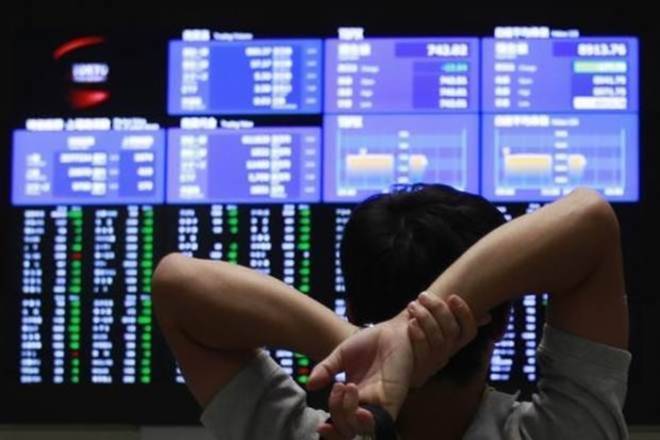
In any kind of trading currency or stock, the two basic analyses to consider are fundamental and technical. The latter is a methodology that uses past price directions to predict the asset’s movement in the future.
Unlike organizations, there is no balance sheet to calculate currencies’ intrinsic value. However, fundamental analysis helps to get an approximation of financial assets’ intrinsic value. In the FX market, it helps to observe a country’s economic conditions, which can impact the currency’s valuation.
Before you trade Forex on ADSS.com, there are several factors that you need to consider as they influence the trading affiliation between two countries. ADSS is a reliable platform that offers traders the necessary tool and sources to enjoy their trading experience.
Factors influencing currency movement in a country
Inflation
Inflation impacts the currency value and ultimately on the nation’s exchange rate. The high the demand for a specific currency the greater will be its appreciation. For example, if the inflation rate of the US is low than China, its purchase power increases, and vice versa. Thus, the demand for Dollars will increase than Yuan.
Interest rates
Exchange rate, inflation, and interest are extremely correlated. Central Banks manipulate interest rates and influence inflation along with currency value. Investors can earn profits from high-interest rates in comparison to countries with high-yield urgency value. Nevertheless, if the country’s inflation is high of a country than the effect of high-rate interest gets diminished or can cause currency depreciation.
Current-Account deficits
Current-Account defines the country’s net trade with other nations. It is the net earnings related to cross-border investment and net transfer payments across a specific time period like yearly or quarterly. The term ‘Current-Account Deficit’ means the country imports more than what it exports. Therefore, it will need to borrow resources or funds from external sources. This can cause the domestic currency value to depreciate than its trading partners.
Public debt
Capitals get borrowed from other countries to finance public sector projects and fuel their economy. Foreign investors are less attracted towards countries with a huge public deficit. High debts lead to high inflation that causes currency depreciation. So, it is crucial to check the country’s debt rating by rating agencies.
Trade terms
Trade terms calculate price development in terms of the country’s import and export activities. If the price of exports increases than its imports, the trade terms will be better than its trading partners. It indicates an increase in their export income, thus offering currency demand followed by a value increase.
Political stability
Investors from all across the globe prefer to invest their funds in stable countries. Instability due to some event can dent the investors’ confidence level. It can trigger a capital flight, which can severely damage your currency value.
Market sentiments
Exchange rate movements are not determined using economic fundamentals but are often influenced by market sentiments. A currency is speculated to move up shortly, so the demand increases and ultimately its value.
Economic recession or growth
During a recession, the exchange rate depreciates, and generally, the interest rates decline.
New traders need to open a Forex demo account and learn the currency trading strategies. You can open a free demo account on ADSS.com and practice technical and fundamental analysis to maximize your profit. It is a great way of turning into a successful trader.











